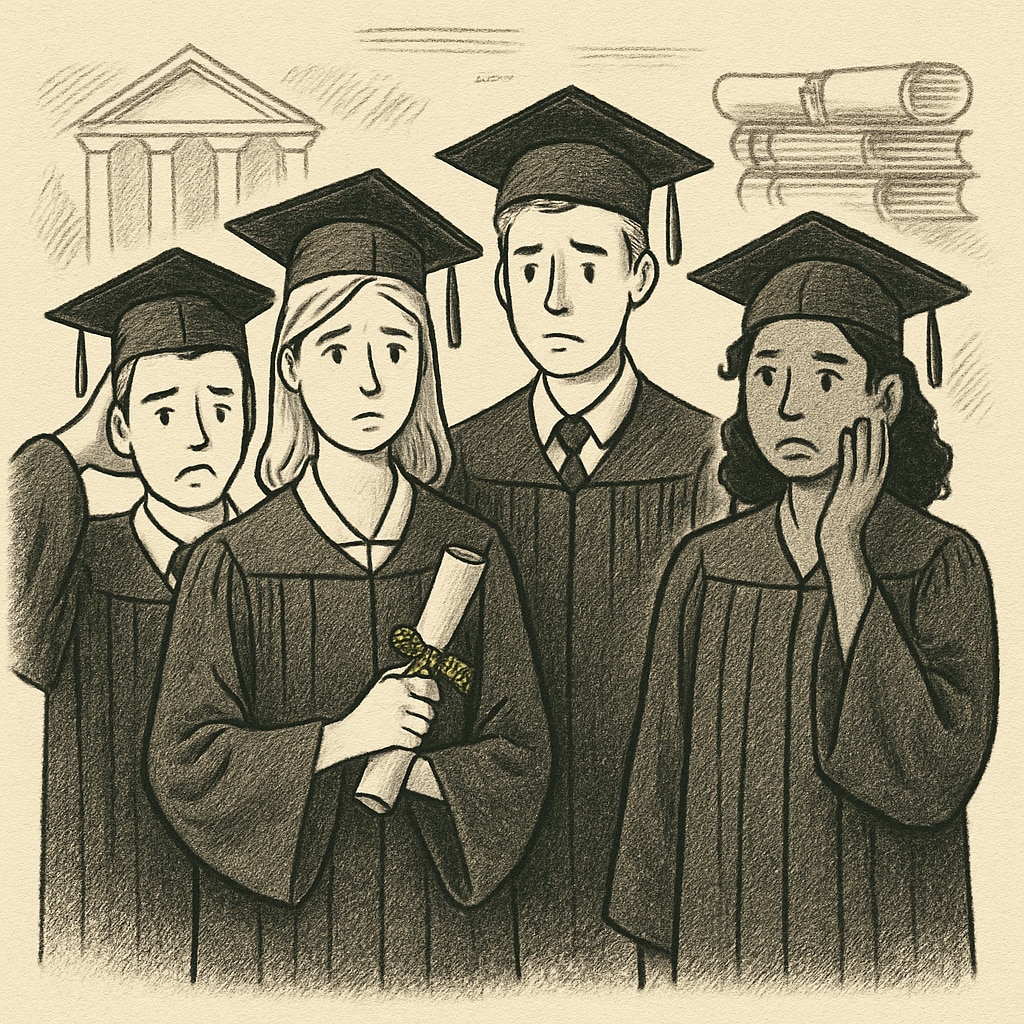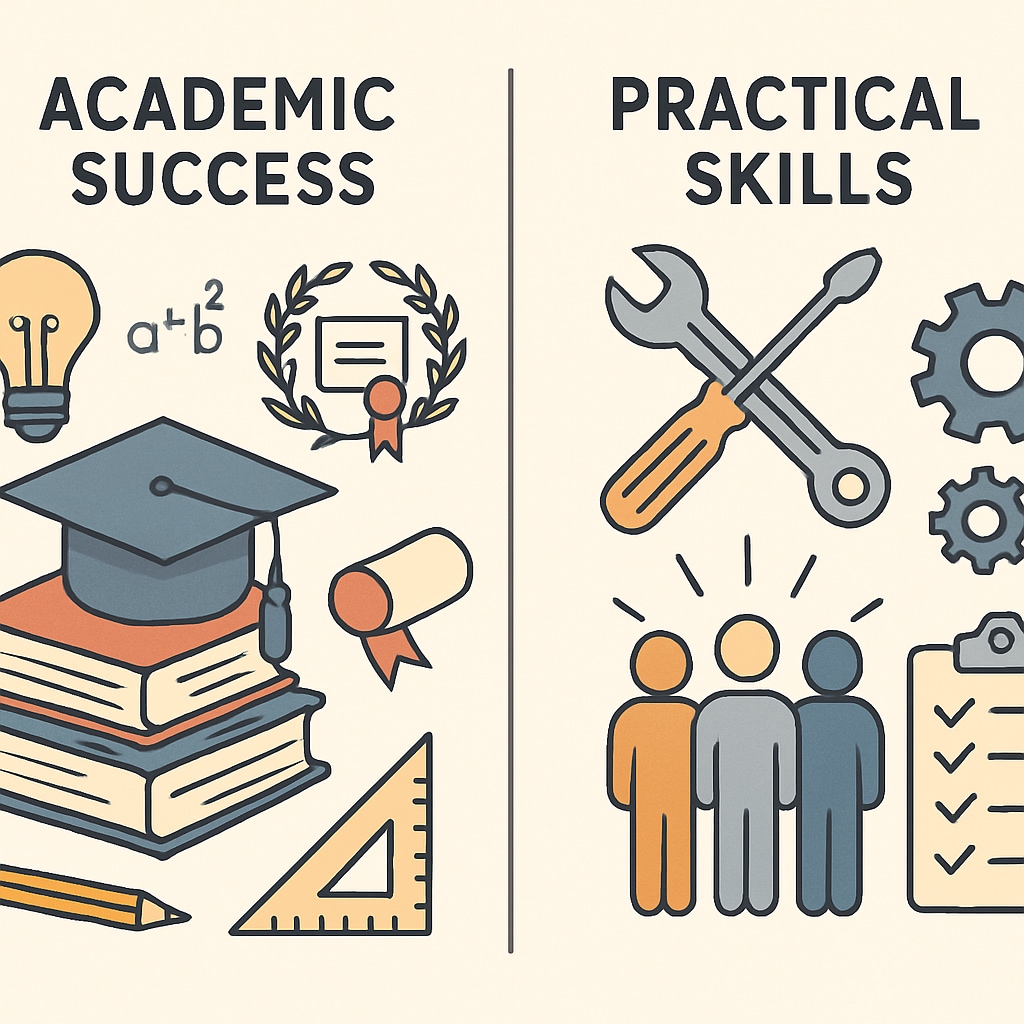In today’s landscape of high unemployment rates, the relationship between education value, academic achievement, and employability has come under intense scrutiny. While academic degrees have long been seen as gateways to career success, the modern job market is increasingly highlighting a gap between traditional education systems and real-world workforce demands. Employers are questioning whether high grades and academic accolades truly signify job readiness, raising the need for a re-evaluation of how education aligns with employment outcomes.
The Growing Disconnect Between Education and the Job Market
One of the most pressing issues facing graduates is the disconnect between the skills taught in educational institutions and the practical needs of the job market. While students are trained to excel academically, they often lack the hands-on skills that employers prioritize, such as critical thinking, teamwork, and adaptability. This mismatch has contributed to rising unemployment rates among highly educated individuals, challenging the traditional narrative that a degree guarantees job security.

For example, a report by the World Economic Forum highlights that many industries now place greater emphasis on skills like digital literacy and problem-solving abilities, which are often underrepresented in standard curricula. Read more on WEF’s perspective. As a result, many graduates find themselves in a paradox: well-educated but underprepared for the realities of the workplace.
Redefining the Value of Academic Achievement
Academic achievement, measured through grades and degrees, has traditionally been viewed as a metric of intelligence and capability. However, in the context of modern employment, this metric is increasingly questioned. Employers now seek candidates who demonstrate a combination of academic knowledge and transferable skills, such as communication, leadership, and the ability to learn quickly on the job.

To bridge this gap, some education systems are incorporating experiential learning opportunities such as internships, collaborative projects, and industry partnerships. Such initiatives aim to provide students with exposure to real-world challenges, making their education more applicable to modern job markets. This shift is supported by research from Britannica, which notes the growing importance of competency-based learning models. Learn more about competency-based education.
What Needs to Change in the Education System?
To ensure that education remains relevant and valuable, several changes are necessary:
- Incorporating skill-based training alongside academic curricula
- Enhancing partnerships between educational institutions and industries
- Integrating digital and soft skills as core components of education
- Providing career guidance and mentorship programs to better prepare students for their professional journeys
These reforms can help redefine the role of education, shifting the focus from simply achieving high grades to fostering holistic development that aligns with job market needs. As a result, the perceived value of academic achievement will transition from being purely theoretical to practically applicable.
Conclusion: Striking a Balance Between Education and Employability
The high unemployment rates among educated individuals highlight the urgent need to reassess the true value of academic achievement in the context of modern employment. By addressing the disconnect between education and workforce requirements, we can create a system where academic success and employability are not mutually exclusive but mutually reinforcing. This shift will not only support the individual growth of students but also contribute to a more dynamic and adaptable workforce.
Ultimately, the goal should be to ensure that education serves as a bridge to meaningful employment, rather than a barrier. By fostering a balance between traditional academic excellence and practical skill development, we can redefine the educational journey to better serve both graduates and the evolving job market.
Readability guidance: Short paragraphs and lists are used to enhance clarity. Transition words (e.g., however, therefore, for example) ensure flow. Passive voice is minimized, and technical terms are explained for accessibility.


